Interviews
Impact of the original Korematsu case on current events
You know, I'm kind of coming to a new realization. I mean, redress was a great victory but it clearly was not a total victory. The cases we did was a great victory but it was clearly not a total victory. And as much as you can educate people, you cannot transform everyone and there will still be people who harbor racist beliefs in this country, ignorant beliefs, despite what the evidence is, despite what the facts are.
And so, what I believe is that education is important but it's not the only thing. If you don't have political power, if you don't have the power to punish a Congressman Coble for what he says, if you don't have power to punish a Senator Trent Lott, if you don't have power to make a Shaquille O'Neal feel a little uneasy, all the education in the world is not gonna help you. That's not to say you shouldn't do education, 'cause both, if you don't have the alternative education, all the political power in the world won't help you either. But I think those are the two things that I think are most important and what I've gained from doing this case and working on redress and being involved in both political and educational campaigns, is that they're both really, really important.
Date: February 8, 2003
Location: Washington, US
Interviewer: Tom Ikeda, Margaret Chon
Contributed by: Denshō: The Japanese American Legacy Project.
Explore More Videos

“…Put Me In A Cage”
(1938-2020) Japanese American attorney and civil rights activist

Preserving Manzanar-Chutzpah and the DWP
(1938-2020) Japanese American attorney and civil rights activist

President Fujimori as elected by Peru's general public (Japanese)
(b. 1948) Executive Director of Amano Museum

The Nikkei community's view toward Former President Fujimori (Japanese)
(b. 1948) Executive Director of Amano Museum
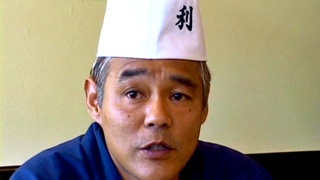
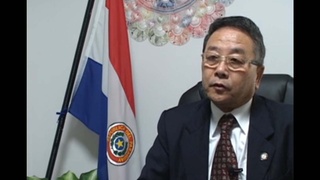
Carrying on the Legacy in the Colony of Paraguay (Japanese)
(b. 1943) Paraguayan Ambassador to Japan
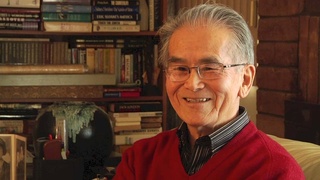
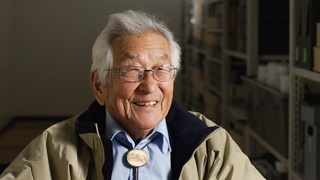
Getting a PhD under the G.I. Bill
(1919 - 2015) Nisei who served in World War II with the 442nd Regimental Combat Team

Requested assignment in Europe to avoid combat in the Korean War
(b. 1935) Sansei businessman.


Family’s Japanese roots and values
Sansei judge for the Superior Court of Los Angeles County in California
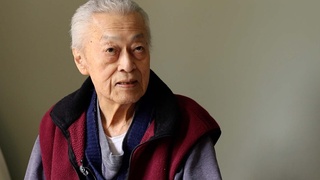
Facing housing discrimination in Rhode Island
(1934–2018) Japanese American designer, educator, and pioneer of media technologies

Adjustment to American life
(b. 1938) Japanese American. Hiroshima atomic bomb survivor

Political motivation to keep the camps open until end of 1944 election
(1924-2018) Researcher, Activist

His testimony has more credibility because of his race
(1922 - 2005) Former U.S. Army counterintelligence officer
